HRCP’s deplores ‘damage’ to democracy; calls for economic justice
4 min readThe Human Rights Commission of Pakistan (HRCP) has expressed its apprehension over the growing sense of “powerlessness” among ordinary people amid economic deprivation and unemployment.
“The HRCP believes that the most serious victims of political engineering in the run-up to the general elections have been democracy, electoral politics and the rule of law,” organisation’s spokesperson chairperson Hina Jilani said in a statement after the annual general meeting on Sunday.
It comes amid a level playing field demand from the PPP and the PTI in the country. The two parties have expressed concerns over the “King’s party” while speaking about new political parties in Khyber Pakhtunkhwa and Punjab.
Some of the party leaders have also frowned upon the return of former prime minister Nawaz Sharif after ending four years of his self imposed exile. For Nawaz, they have used the term “blue-eyed boy” while making reference to his apparent closeness to the “establishment”.
The establishment’s incursions into civic and political spaces have damaged the prospect of free, fair and credible elections, the HRCP alleged and demanded that the polls overseer should take into account the concerns over delimitations.
Delayed elections are scheduled to be held in Pakistan on February 8. The Supreme Court has asked the government to ensure polls next year without any hurdles.
In the statement, the HRCP condemned the purported curbs on freedom of expression, saying that not only have journalists been removed for expressing dissenting opinions, but many have also been prevented from reporting on recent events in areas such as Parachinar and Chaman. “HRCP is well aware of the pressures on the media and is determined to hold the state accountable for such restrictions as the elections approach.”
The organisation demanded the discredited chair of the Commission of Inquiry on Enforced Disappearances be removed and it should be held to account for its poor track record. In cases where victims’ families have filed petitions, it urged the courts to identify the perpetrators and hold them accountable, and to ensure that victims and their families are given reparations.
Also, read this
Rights activist Fatima Atif claims Afghan refugees forcefully expelled
Three suspects arrested after Ahmadiyya place of worship vandalised in Karachi’s Saddar
Politicians cannot be kept out of politics for longer time, says Kaira
“The continued use of internment centres is also cause for alarm and HRCP urges the Supreme Court to hear the petition filed on this matter urgently.”
Chairperson Hina Jilani added that the state of law and order, especially in the riverine areas, locally known as kachha, of Sindh and Punjab, needed “immediate” attention, amid reports that Hindu families were being compelled to migrate as a result.
The provincial governments must heed residents’ credible suspicion that influential persons were involved in drawing financial or political benefits from the deteriorating security situation, she said.
According to Jilani, the HRCP was also concerned by the rise in the number of police encounters and reminded the state that “extrajudicial killings, torture and enforced disappearances” were crimes against humanity and could not be justified under any circumstances.
The organisation went on to demand that the newly merged districts in KP be mainstreamed without further delay and that local bodies be empowered while expressing concern over the revival of the FATA Tribunal.
The HRCP also threw the government’s attention on Parachinar and urged them to protect people’s lives by preventing further sectarian violence.
“The rising number of suicides, especially in Sindh, South Punjab and Gilgit are cause for concern, given that many cases are connected to rising poverty,” it said and added that economic deprivations have reportedly prompted many people to send their children to seminaries rather than schools.
It was “alarmed” by rights violations against vulnerable groups, including the persecution of the Ahmadiyya, Christian and Hindu communities; and violence against children and women, including honour killings.
The statement also condemned the ban in Kohistan on women from working at NGOs and opposed the drive to deport Afghan nationals, including those with legitimate documents.
“HRCP is alarmed by the continued allotment of collectively owned land in Gilgit-Baltistan to private individuals and the impact of environmental degradation on people’s right to health and livelihood in this area,” it said.
For the latest news, follow us on Twitter @Aaj_Urdu. We are also on Facebook, Instagram and YouTube.






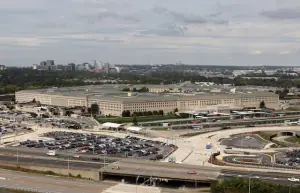








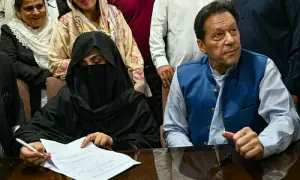

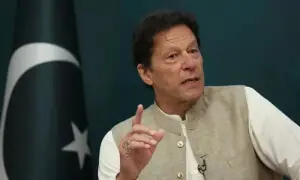
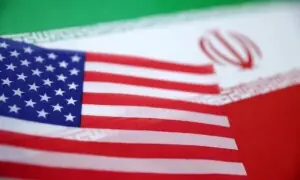


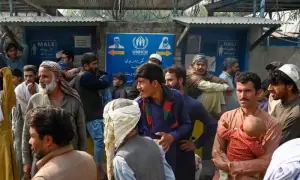
Comments are closed on this story.